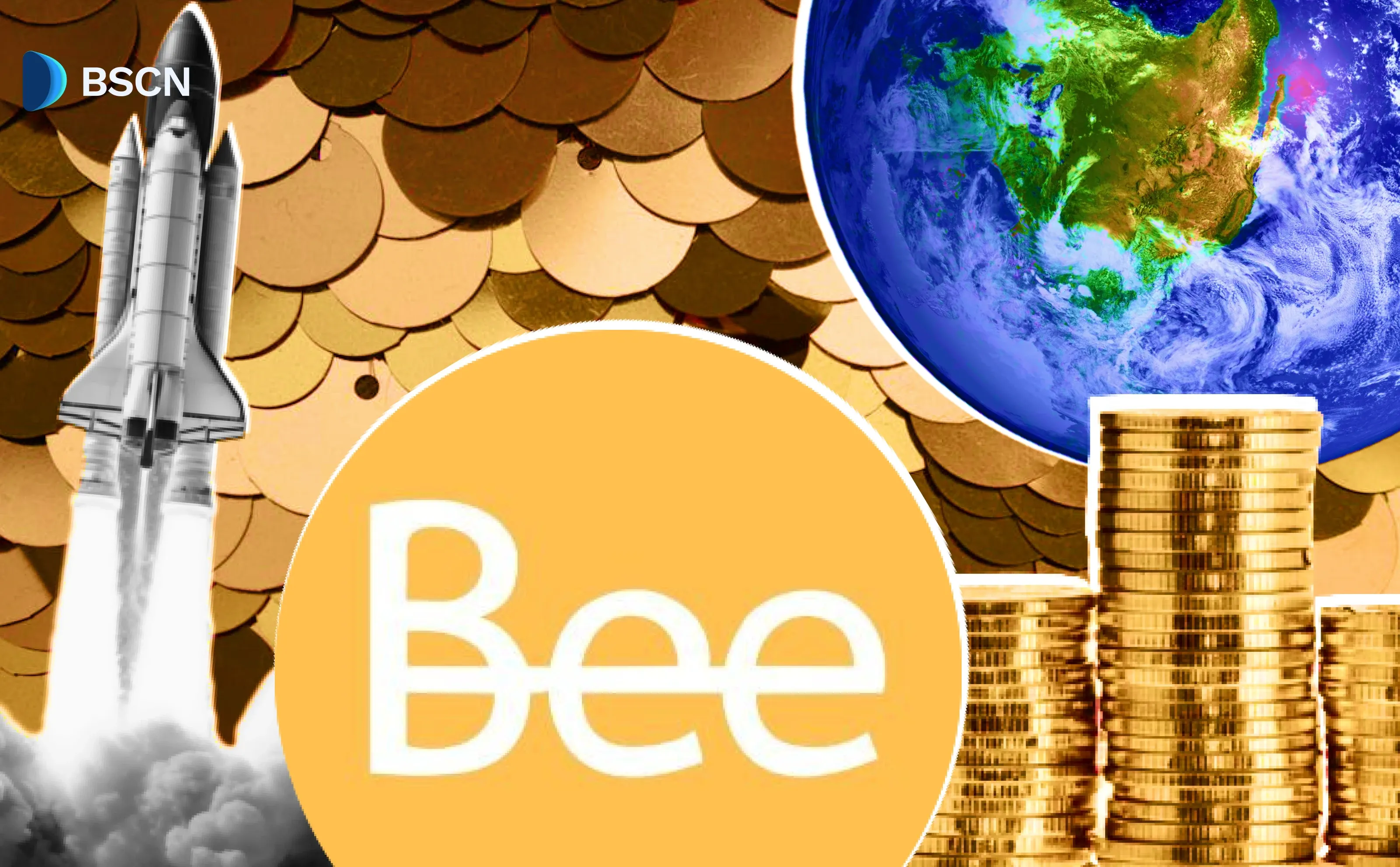BTC
Rising Demand for DEXes: Is BitX the Uniswap of the BRC-20 Ecosystem?

BSCN
June 7, 2023
The BRC-20 Ecosystem Continues to Surge
The decentralized finance (DeFi) space has been witnessing a significant rise in the popularity of BRC-20 tokens. The Bitcoin token standard has continued to emerge strongly in recent months. While a majority of these tokens may be meme coins, their proliferation has not hindered the overall growth and adoption of BRC-20 tokens.
BRC-20 is an experimental token standard implemented on the Bitcoin blockchain, drawing inspiration from Ethereum's popular ERC-20 standard. It allows developers to create and transfer fungible tokens using the Ordinals protocol. It is noteworthy that BRC-20 tokens are fundamentally different. Unlike ERC-20 tokens, BRC-20 tokens do not rely on smart contracts. You will also need a Bitcoin wallet to mint and trade them.
As of the time of writing, the current market capitalization of BRC-20 tokens sits at $475,058,296 led by ordi, with a trading volume of $207,682,272 in the past 24 hours, according to brc-20.io.
BitX: The Pioneer BRC-20 Liquidity DEX:
The emergence of BitX as the first BRC-20 DEX is playing a crucial role in meeting the demand for seamless token swaps, as the BRC-2O ecosystem continues to proliferate. Similar to ecosystem unicorn, Uniswap, BitX has positioned itself as a frontrunner in facilitating seamless token swaps for BRC-20 tokens and is poised to become a long-term leader in the sector.
In a sector currently begging for DEXes, BitX, leveraging the BRC-20 token standard, has created a non-custodial BRC-20 liquidity market for Bitcoin Ordinals, allowing users to easily swap in and out of their favorite BRC-20 tokens.
This will significantly contribute to the overall adoption and liquidity of BRC-20 tokens, attracting traders and investors looking for opportunities within the BRC-20 ecosystem.

What is BitX:
BitX is a decentralized exchange (DEX) designed specifically for trading Bitcoin Request for Comment (BRC) 20 tokens. This non-custodial DEX operates on the Bitcoin blockchain and is widely regarded as the most reliable exchange for trading BRC-20 tokens.
BitX utilizes an API router to facilitate transfers for traders. The API script is decentralized, ensuring that neither the deployer nor the wallet owner holds any control or power over it. This approach ensures transparency and eliminates potential manipulation.
Given the nature of Bitcoin Ordinals, there are no contracts that operate based on code (similar to Uniswap, for example). Therefore, the only viable method to enable trading of BRC20 tokens is through an API. While using an API has its advantages and disadvantages, it is currently the only feasible option.
Although BitX has sufficient initial liquidity for its launch, it is crucial to attract liquidity providers for long-term sustainability. Liquidity providers on BitX earn 70% of the trading fees, which amounts to 1% per trade.
The API wallet autonomously handles all trades based on pre-defined code, incorporating safety measures and multiple confirmations for every trade to prevent potential bugs and fund losses.
The rise of the BRC-20 token standard within the DeFi ecosystem is bringing about significant advancements in the Bitcoin ecosystem. The increased liquidity provided by platforms like BitX has bolstered the confidence of traders and investors, paving the way for further innovation and experimentation within the BRC-20 ecosystem.
Catch up with BitX and its developments via the following links:
Latest News
Crypto Project & Token Reviews
Project & Token Reviews
Comprehensive reviews of crypto's most interesting projects and assets
Learn about the hottest projects & tokens
Latest Crypto News
Get up to date with the latest crypto news stories and events








